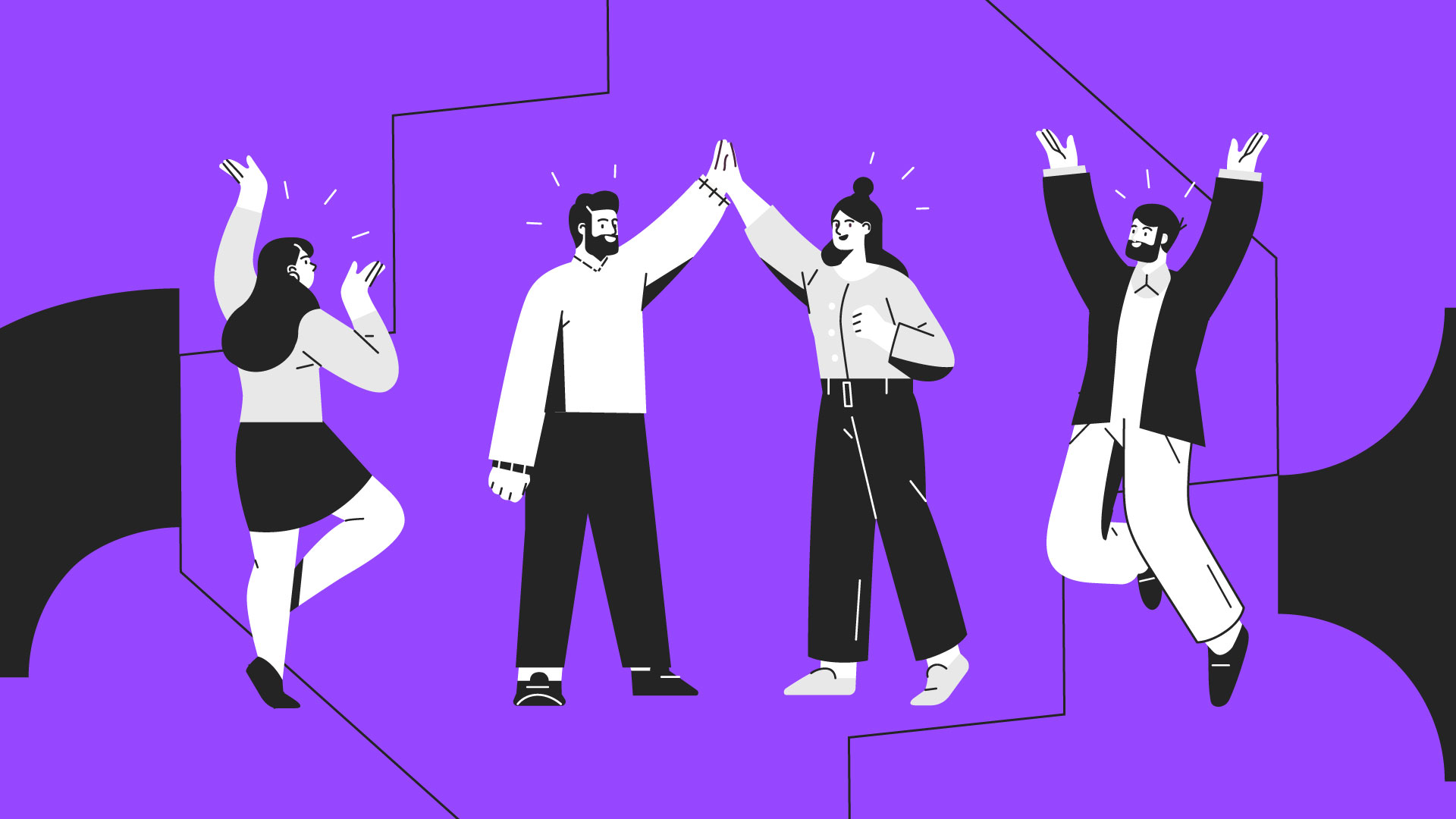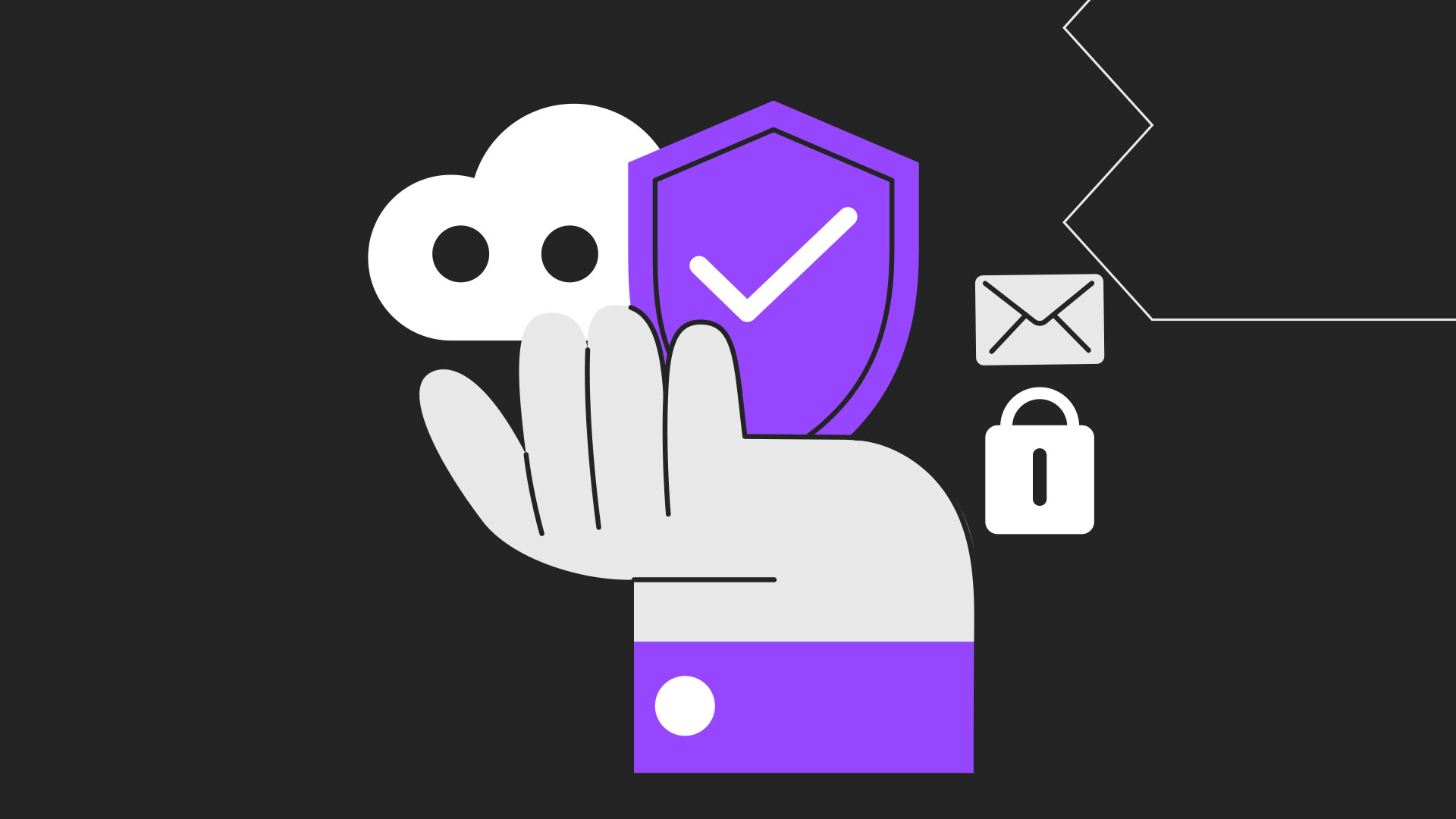Are you adequately covered?
In an age of rising medical costs, and drastically increasing number of lifestyle diseases, planning for healthcare expenses is becoming an integral part of every household. With focus on healthcare gaining momentum, the UAE government has made many regulatory changes in the healthcare sector that will help families with this responsibility.
Currently two Emirates, Dubai and Abu Dhabi, have mandated all employers to provide minimum health insurance coverage (called the Essential Benefits Plan in Dubai) for their employees and dependants. The premium for the basic Essential Benefits Plans starts at around AED 600 annually and has a coverage limit of up to AED 150,000 per person. This plan covers outpatient visits, specialist consultations, pathological investigations, prescribed medicines, maternity health cover, coverage of pre-existing conditions and emergency visits to the hospital, amongst other things.
However, is this basic insurance plan truly adequate to cover the medical needs of you and your family? With the cost of healthcare in the UAE being very high, having an inadequate healthcare insurance plan substantially increases the financial burden on your family. It is imperative for you to consider enhancing the insurance coverage to safe-guard yourself against a wider range of healthcare issues. This can easily be done by adding ‘riders’ and opting for ‘top-up’ plans, to complement your basic insurance policy.
Riders
Most health insurance basic plans are constructed to cater to the general requirements of the masses. However, each individual has his own set of specific needs based on his socio-economic background, family and lifestyle. To meet this need health insurance companies in the UAE give the option of adding multiple riders to a base plan. Riders are simply plan enhancements to amend the terms of coverage of the standard policy. The riders offered by each insurance company vary, so you need to evaluate the options offered by your insurance company.
Some of the most common riders offered by health insurance companies in the UAE are as follows:
- Sponsored Dependent Rider
To cover your spouse, children and parents, you can add a ‘Sponsored Dependent rider’ to your insurance plan and extend it to cover your loved ones.
The approximate rates for these riders are as follows:
- General unmarried not working dependant aged zero to 65 years –AED 650
- Not working married females aged 18 to 45 years – AED 1,600
- Elderly parents above 65 years of age –AED 2,500
- Maternity Cover
The base plan usually offers coverage of AED 7,000 for normal delivery and AED 10,000 for Cesarean delivery. It also has 10% coinsurance, with a maximum of 8 visits for regular checkups during the pregnancy.
This amount may be a quite low for treatment at good private hospitals, and a maternity cover rider can be bought to increase the limits and services covered.
-
Hospital Network Rider
Various riders are available to widen the hospital network. You can check and select the one that covers the hospitals of your choice and add that rider to the current plan.
- Physiotherapy, Dental and Optical Benefits
Taking riders for ancillary specializations is a valuable, low cost way to enhance your medical coverage and reduce your out-of-pocket medical expenses.
- Geographical Area of coverage
The base plan will usually cover treatment only in the city where the plan is procured, but if you have a job that requires a lot of travel you may want to consider taking a rider that extends the coverage to other geographic locations. These riders, however, can be expensive. Premiums for worldwide coverage riders can go up to AED 15,000 per annum.
Top-up Health Plans
A top-up health plan provides coverage over and above the essential benefits plan in Dubai. It is easy to confuse health top-ups with riders. In simple terms, top-up plans are just additional independent policies that kick in once a member has reached the maximum limit of a basic policy. They also tend to be cheaper than the core plan since they are less likely to be used.
Consider a hypothetical example where you have a basic insurance cover of up to AED 500,000 which will cost you a premium of around AED 1,500-3,000 per year. All medical bills and expenses adding up to less than AED 500,000 will be covered by the basic insurance. So what happens when your expenses exceed AED 500,000? This is where a top-up plan comes into play. To increase your cover, you could have a top-up plan of up to AED 1,500,000 that only kicks in once the initial AED 500,000 has been used up. The premiums for such a plan would be in the range of AED 500-700.
Riders vs. Top-ups
Some of the typical differences between riders and top-ups are as follows:
|
Riders |
Top-ups |
|
|
|
|
|
|
Conclusion
Riders and top-ups both have their pros and cons. They shouldn’t be viewed as mutually exclusive, and you can even consider going for a combination of both. The choice would really depend on the kind of enhancement needed.
So before making a choice, it is essential to first evaluate your requirements, and then explore different options available to you with various insurance providers and find the best fit.
Related Articles
6 things to consider when selecting your group insurance plan in UAE
Why do 60% of companies in the UAE find it very challenging to manage benefits?
Did You Know the Health Insurance Network You Paid For Changes?
Are you adequately covered?
In an age of rising medical costs, and drastically increasing number of lifestyle diseases, planning for healthcare expenses is becoming an integral part of every household. With focus on healthcare gaining momentum, the UAE government has made many regulatory changes in the healthcare sector that will help families with this responsibility.
Currently two Emirates, Dubai and Abu Dhabi, have mandated all employers to provide minimum health insurance coverage (called the Essential Benefits Plan in Dubai) for their employees and dependants. The premium for the basic Essential Benefits Plans starts at around AED 600 annually and has a coverage limit of up to AED 150,000 per person. This plan covers outpatient visits, specialist consultations, pathological investigations, prescribed medicines, maternity health cover, coverage of pre-existing conditions and emergency visits to the hospital, amongst other things.
However, is this basic insurance plan truly adequate to cover the medical needs of you and your family? With the cost of healthcare in the UAE being very high, having an inadequate healthcare insurance plan substantially increases the financial burden on your family. It is imperative for you to consider enhancing the insurance coverage to safe-guard yourself against a wider range of healthcare issues. This can easily be done by adding ‘riders’ and opting for ‘top-up’ plans, to complement your basic insurance policy.
Riders
Most health insurance basic plans are constructed to cater to the general requirements of the masses. However, each individual has his own set of specific needs based on his socio-economic background, family and lifestyle. To meet this need health insurance companies in the UAE give the option of adding multiple riders to a base plan. Riders are simply plan enhancements to amend the terms of coverage of the standard policy. The riders offered by each insurance company vary, so you need to evaluate the options offered by your insurance company.
Some of the most common riders offered by health insurance companies in the UAE are as follows:
- Sponsored Dependent Rider
To cover your spouse, children and parents, you can add a ‘Sponsored Dependent rider’ to your insurance plan and extend it to cover your loved ones.
The approximate rates for these riders are as follows:
- General unmarried not working dependant aged zero to 65 years –AED 650
- Not working married females aged 18 to 45 years – AED 1,600
- Elderly parents above 65 years of age –AED 2,500
- Maternity Cover
The base plan usually offers coverage of AED 7,000 for normal delivery and AED 10,000 for Cesarean delivery. It also has 10% coinsurance, with a maximum of 8 visits for regular checkups during the pregnancy.
This amount may be a quite low for treatment at good private hospitals, and a maternity cover rider can be bought to increase the limits and services covered.
-
Hospital Network Rider
Various riders are available to widen the hospital network. You can check and select the one that covers the hospitals of your choice and add that rider to the current plan.
- Physiotherapy, Dental and Optical Benefits
Taking riders for ancillary specializations is a valuable, low cost way to enhance your medical coverage and reduce your out-of-pocket medical expenses.
- Geographical Area of coverage
The base plan will usually cover treatment only in the city where the plan is procured, but if you have a job that requires a lot of travel you may want to consider taking a rider that extends the coverage to other geographic locations. These riders, however, can be expensive. Premiums for worldwide coverage riders can go up to AED 15,000 per annum.
Top-up Health Plans
A top-up health plan provides coverage over and above the essential benefits plan in Dubai. It is easy to confuse health top-ups with riders. In simple terms, top-up plans are just additional independent policies that kick in once a member has reached the maximum limit of a basic policy. They also tend to be cheaper than the core plan since they are less likely to be used.
Consider a hypothetical example where you have a basic insurance cover of up to AED 500,000 which will cost you a premium of around AED 1,500-3,000 per year. All medical bills and expenses adding up to less than AED 500,000 will be covered by the basic insurance. So what happens when your expenses exceed AED 500,000? This is where a top-up plan comes into play. To increase your cover, you could have a top-up plan of up to AED 1,500,000 that only kicks in once the initial AED 500,000 has been used up. The premiums for such a plan would be in the range of AED 500-700.
Riders vs. Top-ups
Some of the typical differences between riders and top-ups are as follows:
|
Riders |
Top-ups |
|
|
|
|
|
|
Conclusion
Riders and top-ups both have their pros and cons. They shouldn’t be viewed as mutually exclusive, and you can even consider going for a combination of both. The choice would really depend on the kind of enhancement needed.
So before making a choice, it is essential to first evaluate your requirements, and then explore different options available to you with various insurance providers and find the best fit.
Related Articles
6 things to consider when selecting your group insurance plan in UAE
Why do 60% of companies in the UAE find it very challenging to manage benefits?
Did You Know the Health Insurance Network You Paid For Changes?
Brian Habibi









Get Social